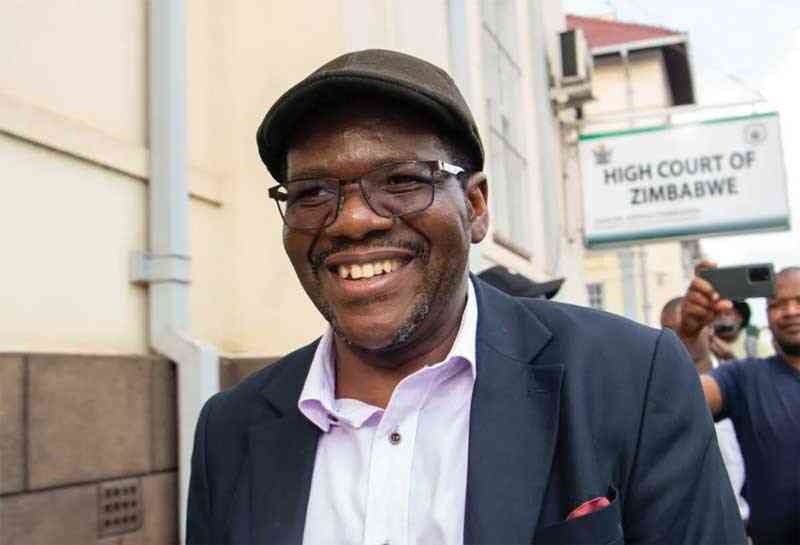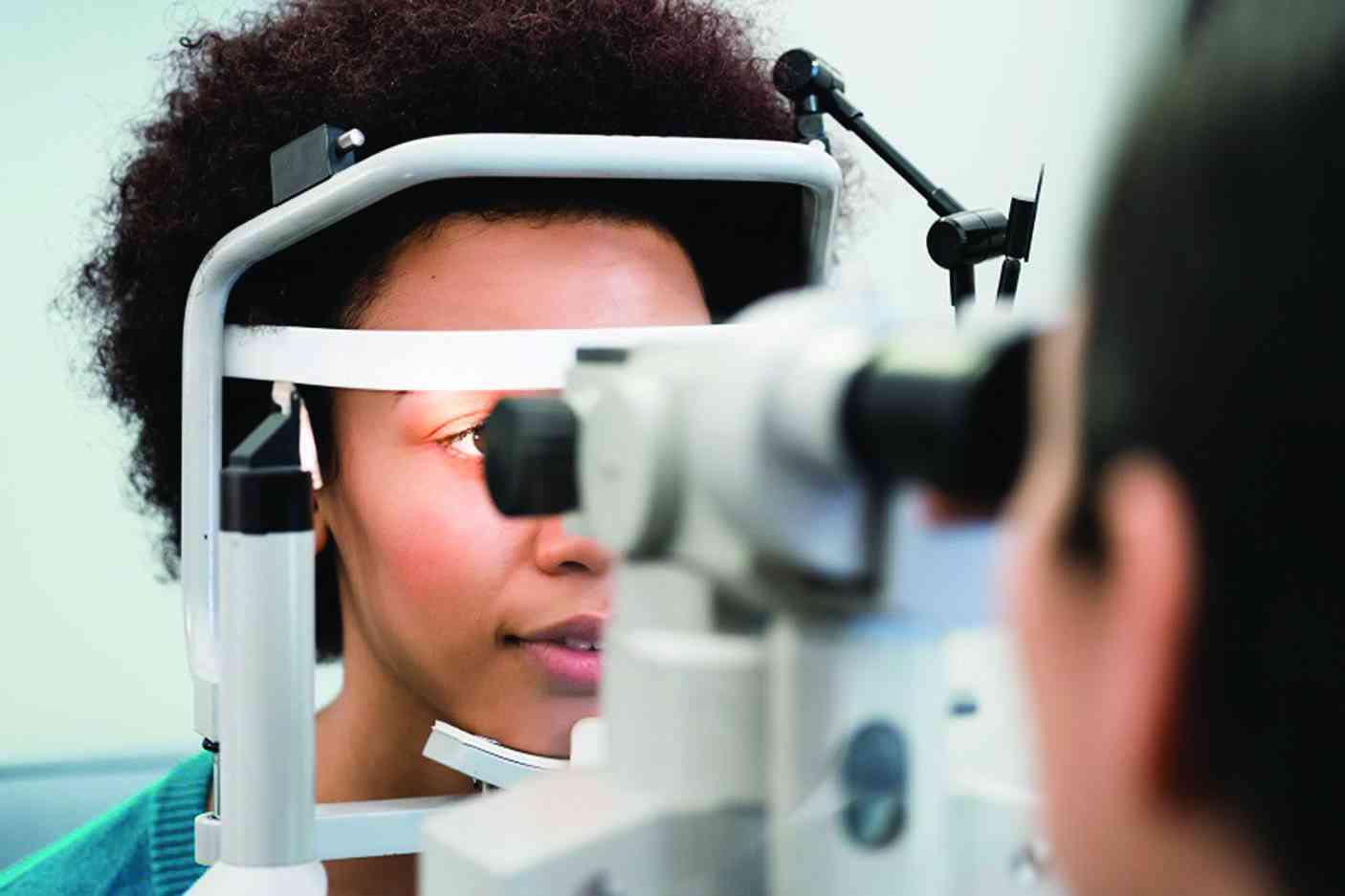By Tim Middleton THERE is an old saying that the first sign of madness is having hairs on the palms of your hands while the second sign of madness is looking for them. Then there is an alternative definition which states that the first sign of madness is talking to yourself while the second sign is replying. J.K Rowling alluded to this when she famously said, “First sign of madness, talking to your own head.” George Carlin, an American comedian, humorously explained that “The reason I talk to myself is because I’m the only one whose answers I accept.” Many of us may identify with that!
Psychologists will no doubt advise us that talking to ourselves is not a sign of insanity but a helpful thing to do. One expert stated that “Talking with yourself not only relieves loneliness, it may also make you smarter. It helps you clarify your thoughts, tend to what’s important and firm up any decisions you’re contemplating.”
The proviso is added that we must always speak respectfully when we talk to ourselves.
Sportsmen and women are often speaking to themselves (though we might wonder if they are doing so respectfully); in fact, most of the time they shout to themselves (or at themselves) and usually it is encapsulated in two short words, uttered very loudly: “Come on!” This cry is often accompanied by a fist-pump. It is a sign perhaps of excitement, of adrenaline flowing, of boisterousness, of intimidation, or alternatively it may be also an indication of anxiety, concern, despondency, frustration, dissatisfaction, annoyance. Come on, we cry!
If we were to stop and think about it (which we are doing now), it is not a new cry; many songs use those two words as a refrain. Remember Gary Glitter and ‘Do You Want To Be in My Gang’, with the not altogether poetic line, “Come on, come on, come on, come on, come on, come on, I said” (repeated immediately and increasing in speed)? Then there was the Dexys Midnight Runner’s song, “Come on, Eileen.” Oh, come on, do we really need to spoil our weekend with this reminder?
But is such a cry really all that helpful? It may not be the first sign of madness but it could be argued that it is the first sign of defeat, this desperate shout of exhortation, in a similar way that the second sign of defeat is when teammates argue with each other.
What do we achieve by crying out loudly “Come on”? In fact, what do we achieve by even saying it? It is often heard after we have achieved something extraordinary but it is also uttered after a poor performance that requires rectification.
Is it a taunt aimed at the opposition for them to do more, to make the task more difficult or is it directed at ourselves to improve? Or is it an admission that we are not playing well, that we have not come on to our game, a sign that will give the opposition even greater confidence? Or maybe it is channelled at the crowd to make more noise to help us as a player, though it could be argued that in such cases the crowd is the one who should be shouting to the player to “come on” and play better!
Why do we not shout it after every shot or pass or ball? Why is it only after a good or bad one? Does it mean that we do not need to “come on” all the time, only sometimes? If we do not need to do it all the time, do we need to do it at all? Do we really have to tell ourselves to come on? Should we not be doing it already, without any reminder? Should we not have told ourselves beforehand? Do we have to say it aloud?
Is it because we are lonely that we shout out “Come on”? Are we any smarter in doing so? Does it clarify our thoughts? Does it remind us what is important (have we really forgotten that while we have been playing)?
Does it help us firm up any decisions we are contemplating on the field? Come on, seriously? Is that not madness to suggest that? That is supposed to be why we talk to ourselves!
We do want players to come onto the sports field. We do want players to come on in their ability to play that sport.
The sport is enabling youngsters to come on the stage and to test what they have learned. We want them all to come on, to develop, to do so in leaps and bounds even. Come on, yes.
There is no need to shout, though. We are the leader of our own gang, without telling everyone. The cries of “Come on” are becoming a real ‘carry on’. So, come on, let us just get on with it – otherwise, we really will be looking for the hair on the palms of our hands!
- Tim Middleton is a former international hockey player and headmaster, currently serving as the Executive Director of the Association of Trust Schools Email: ceo@atschisz.co.zw





